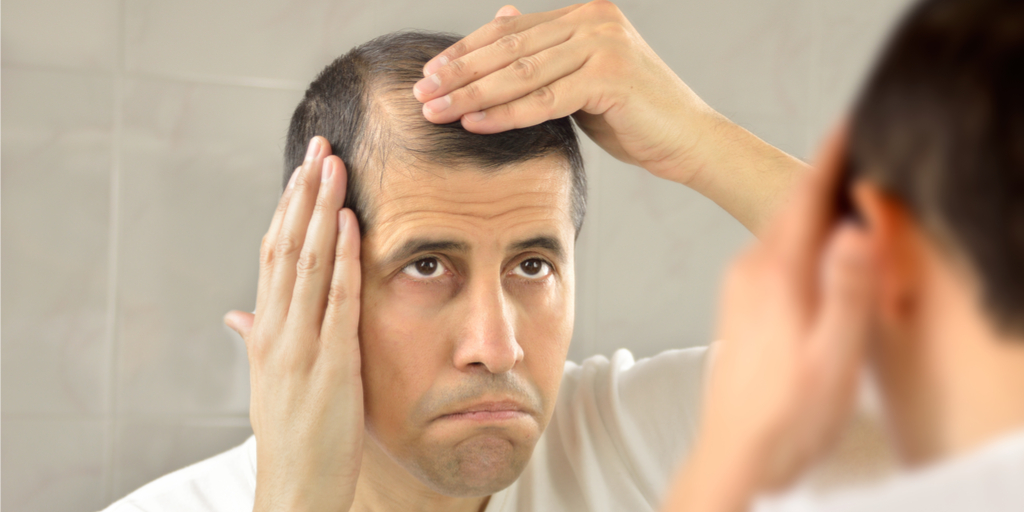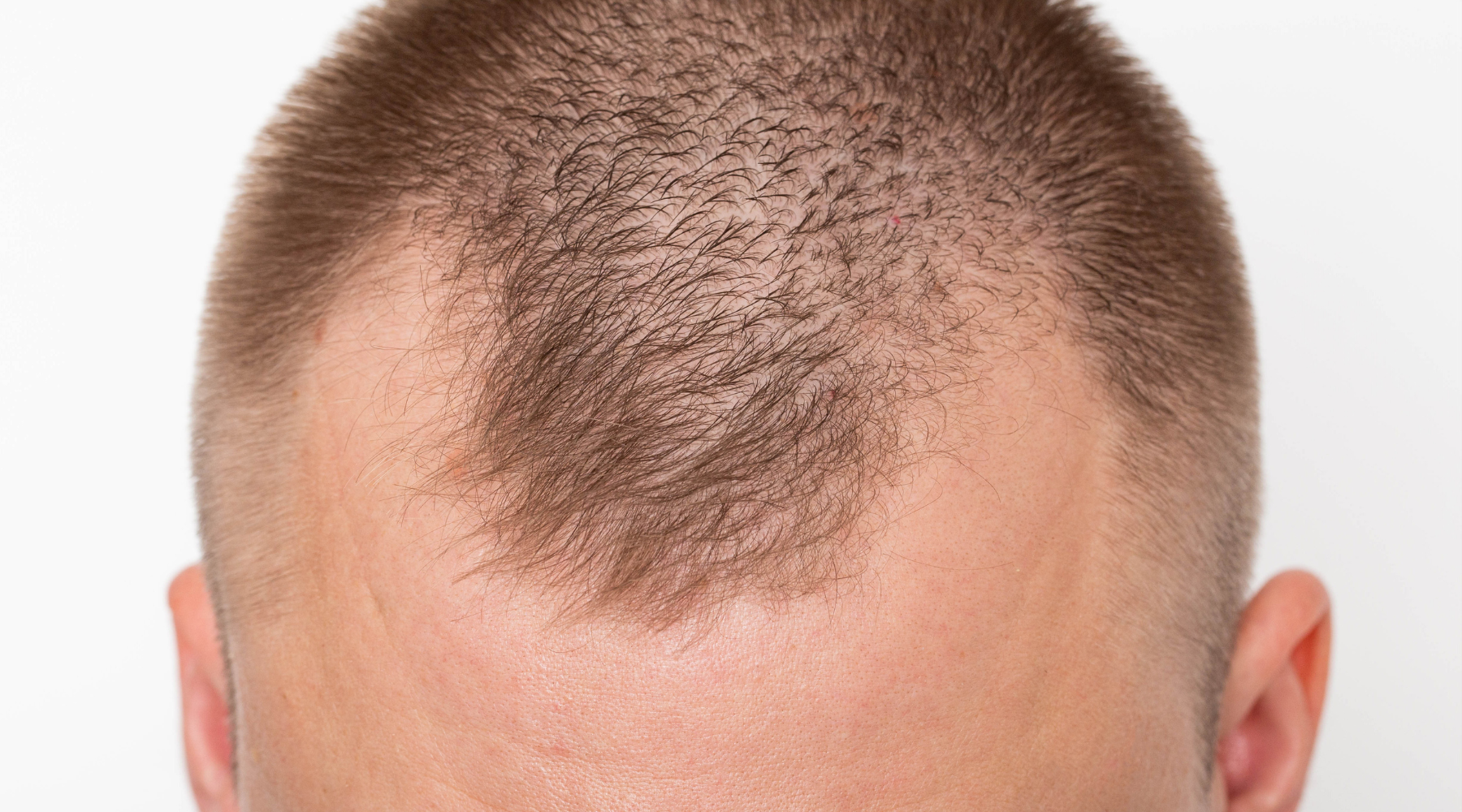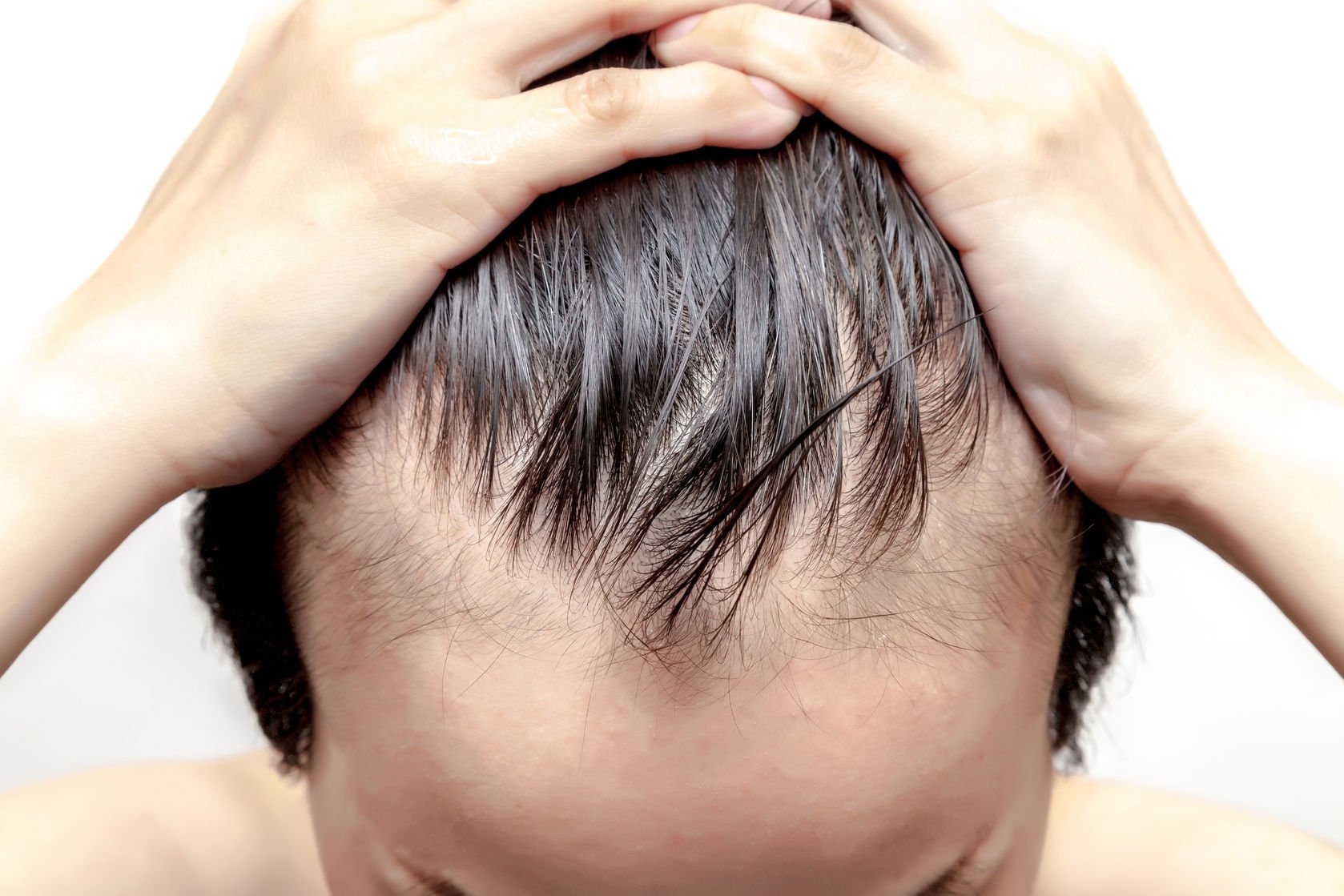Hair loss is an issue that affects millions of people around the world. It can be a source of distress, impacting one’s self-esteem and confidence.
However, there are strategies available to help combat hair loss – such as DHT blockers. This article will explore the power of DHT blockers in combating hair loss, offering effective strategies for those looking to halt further thinning or balding.
From natural remedies to medical interventions, we will uncover all that can be done to take control of this common problem and restore lost locks. So join us as we unveil the power of DHT Blockers in helping individuals reclaim their crowning glory!
Understanding the Causes of Hair Loss

Hair loss can be a stressful experience for many people, especially when unexpected. While genetics is the most common cause of hair loss, other factors contribute to it as well.
Understanding what causes hair loss and how to combat it with effective strategies like DHT blockers is key to regaining confidence and restoring full-headedness. Dihydrotestosterone (DHT) is a hormone derivative of testosterone that contributes greatly to hair loss due to its ability to shrink the follicles. When left unchecked, excessive levels of DHT will eventually lead to bald patches on the scalp over time.
Fortunately, using DHT blockers such as finasteride or dutasteride can help slow down the effects by limiting the production of this hormone from occurring in excess amounts. Stress also plays an important role in increased rates of hair fallout; both physical and psychological stress put a strain on our bodies which affects hormones responsible for healthy growth cycles resulting in premature shedding and thinning strands.
To combat this type of stress-related hair loss, lifestyle changes should be made such as reducing caffeine intake or engaging in calming activities like meditation or yoga throughout your day. Additionally, supplements rich in vitamins A & C promote healthier blood circulation which encourages optimal cell regeneration while stimulating new strand formation.
The power behind DHT blockers lies within their ability not only to reduce existing levels but preventing further damage from taking place so that natural processes can take effect once again allowing thicker fuller locks to return into existence.
By understanding what triggers these conditions combined with utilizing proven methods, one might be able to achieve desired results without any major interruption during the transition period.
Different Types of DHT Blockers Available

When it comes to tackling hair loss, DHT blockers offer a powerful solution. There are several types of DHT blockers available on the market today, each with its unique benefits and drawbacks.
The most common type is the oral pill form, which when taken regularly can help reduce or prevent further hair loss due to its ability to block the production of dihydrotestosterone (DHT), an androgen responsible for thinning hair in both men and women. Topical creams containing natural ingredients such as saw palmetto extract are also available, offering another way for people to combat excessive levels of this hormone without resorting to medications. Finally, topical solutions made from essential oils provide a more natural alternative that can be applied directly onto the scalp where needed.
Each option has its advantages and disadvantages; however, all three have proven effective at reducing or preventing hair loss in many cases.
Potential Side Effects and Risks Associated with Long-Term Use

DHT blockers are highly effective when it comes to combating hair loss. However, as with any medication or treatment, there are potential risks and side effects associated with long-term use of DHT blockers. These can range from minor skin irritation or dryness to serious health issues such as liver damage, organ failure, and even an increased risk of developing prostate cancer.
Research suggests that the most common side effects tend to be mild and may include nausea, vomiting, headaches, and changes in sexual function. In some cases, more serious complications have been reported but these have generally been rare occurrences linked to high dosages or prolonged usage over several years.
It is important for patients considering using DHT blockers for the long term to thoroughly research all possible risks before starting treatment and speak with their doctor about any concerns they might have.
Conclusion

Hair loss can be a difficult and embarrassing condition to manage. Thankfully, there are hair loss treatments available that can help combat it effectively.
DHT blockers are one such treatment option that has been proven to be successful in reducing the effects of hair loss. They work by blocking dihydrotestosterone (DHT), a hormone associated with increased baldness, from binding to follicle receptor sites on the scalp.
By doing this, they reduce inflammation and shrink enlarged hair follicles which helps encourage new healthy growth. Additionally, DHT blockers also nourish existing hairs with vital nutrients for improved strength and texture.
With the right combination of treatments like DHT blockers along with lifestyle changes such as eating nutritious meals and exercising regularly, it is possible to achieve healthier-looking locks for those suffering from hair loss.
